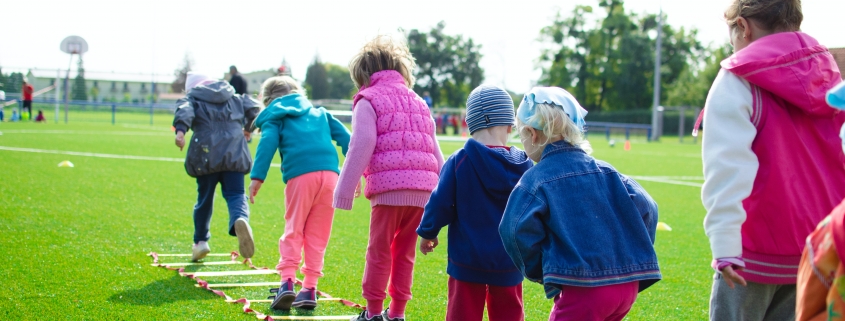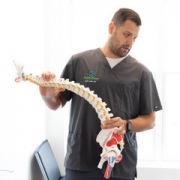Are you (like me) almost deaf to the words “childhood obesity”? We have been hearing this term as an issue for many years now. Unfortunately, hearing about it from so many sources has not made much of a difference. Over the last several years, statistically, the problem has increased.
In fact, over the last 18 months, during the COVID-19 pandemic, the levels of childhood obesity have greatly increased. This is due to quarantine and increased stress, as well as other reasons. The Freeman pediatric group noticed an increase in BMI in many of our patients during this time. Many parents freely admit that they let the kids eat whatever they wanted and whenever they wanted. Our patients were staying up later and sleeping in, and that drastically changed how much and what they consumed. We also noted that this continued for children that did not go back to in-person school during the last school year.
It has become very clear that obesity is a major risk factor associated with worse COVID-19 health outcomes. This is because obesity leaves the body in a constant state of inflammation. Think of inflammation as a slow burning fire in your body, negatively affecting many of your organs. An infection such as COVID is like a wind that stirs that fire into an inferno.
As a pediatrician, it is part of my job to alert parents to abnormalities, diseases, or problems that they are likely to encounter with their children and give them sound advice. However, it is very difficult to talk with families about obesity because there is such a negative and judgmental connotation to the word. To avoid offense, we find different ways of saying the same thing, such as “your child is carrying a little too much weight.” Parents will often deny that their child is obese or even think that they will outgrow the weight. However, without some change in lifestyle-usually in what they consume-they will in fact carry this extra weight into adulthood.
It is important to get something straight: OBESITY IS A DISEASE AND NOT A DECISION. No one would choose to be overweight. Furthermore, once your body has acquired the larger mass, it will do almost anything to hold on to it. Therefore, it is extremely difficult to make a meaningful intervention. As one might imagine, the earlier we intervene, the bigger the difference we can make in their future and the easier it is to make this an enduring habit. When we look at the data, we are able to predict these problems before age five.
The good news is that as of September 1, 2021, Missouri Medicaid has begun to pay for weight management treatment. Freeman pediatricians in Joplin are embarking on a project to aid a small number of local families with an evidence-based treatment that engages the whole family in behavior change. The bottom line is that this group of vulnerable people need our help as a community. This includes increased access to nutritious low-calorie foods, free or low-cost enjoyable activities, and nutrition and wellness education. We have formed a team that includes medical professionals, behavioral coaches, registered dietitians, and resource coordinators to help children with obesity, and their families, with the full range of support they need. Find out more information at https://www.freemanhealth.com/ryse.
Dr. Paul Petry is Pediatric Medical Director at Freeman Health System in Joplin, Missouri






